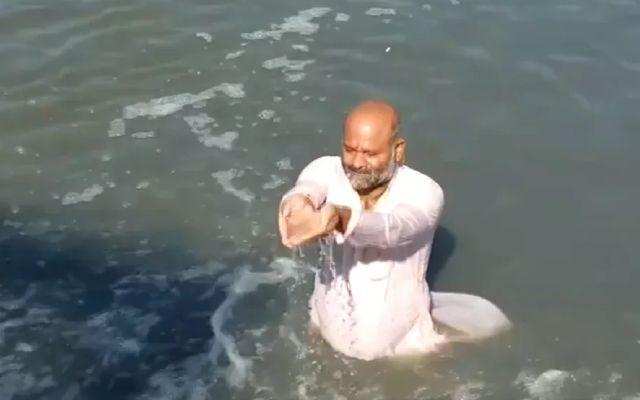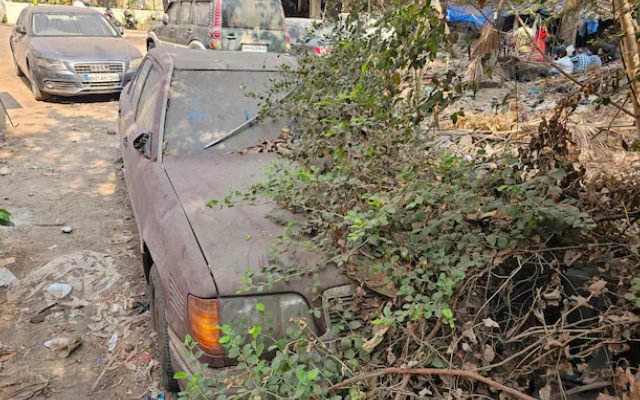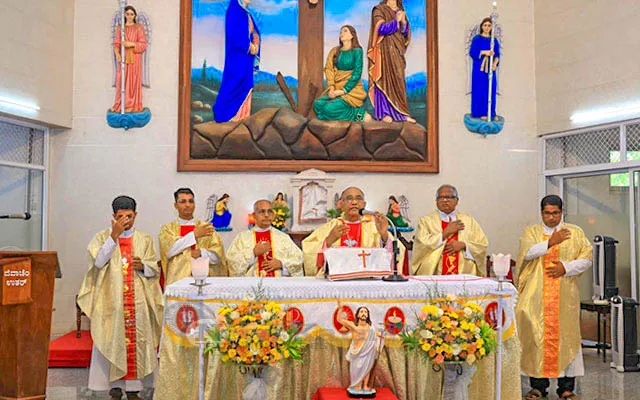AMMAN: According to the opposition, the government forces have killed more than thousands of opposition activists in Syria in the gas attack, what you can call it as the worlds most lethal chemical weapons attack since the 1980s.
 The government forces have executed this attack by firing rockets that released deadly fumes over rebel-held Damascus suburbs, killing men, women and children as they slept.
The government forces have executed this attack by firing rockets that released deadly fumes over rebel-held Damascus suburbs, killing men, women and children as they slept.
The rising death toll currently estimated at between 500 and 1,300, prompted an emergency meeting of the UN security council in New York.
While UN Secretary general Ban Ki-moon expressed shock, immediate international action is likely to be limited, with the divisions among major powers that have crippled efforts to quell two and a half years of civil war still much in evidence.
“SLEEPING DEAD”
Opposition activists variously cited death tolls ranging from about 500 to, by one account, some 1,300 after shells and rockets fell around 3am (0000 GMT). In 1988, 3,000 to 5,000 Iraqi Kurds were gassed by Saddam Hussein’s forces at Halabja.
One man who said he had retrieved victims in the suburb of Erbin told Reuters: “We would go into a house and everything was in its place. Every person was in their place. They were lying where they had been. They looked like they were asleep.
“But they were dead.”
When shelling hit her town of Mouadamiya, southwest of the capital, Farah al-Shami ignored rumors on Facebook that rockets were loaded with chemical agents. She thought her district was too close to a military encampment to be affected.
“And at the same time the UN was here. It seemed impossible. But then I started to feel dizzy. I was choking and my eyes were burning,” the 23-year-old told Reuters over Skype.
“I rushed to the field clinic nearby. Luckily no one in my family was hurt, but I saw entire families on the floor.”
Doctors interviewed described symptoms they believe point to sarin gas, one of the agents Western powers accuse Damascus of having in an undeclared chemical weapons stockpile.
“The United States is deeply concerned by reports that hundreds of Syrian civilians have been killed in an attack by Syrian government forces, including by the use of chemical weapons,” White House spokesman Josh Earnest said.
He added that “if the Syrian government has nothing to hide”, it would facilitate the work of the UN inspectors.
Syrian information minister Omran Zoabi said the allegations were “illogical and fabricated”. Assad’s officials have said they would never use poison gas against Syrians. The United States and European allies believe Assad’s forces have used small amounts of sarin before, hence the current UN visit.
Russia came to Assad’s defense.
Noting the “criminal act” took place as the U.N. team got to work, a spokesman in Moscow said: “This cannot but suggest that once again we are dealing with a pre-planned provocation … We call on all those who can influence the armed extremists to make every effort to end provocations with chemical agents.”
George Sabra, one of the leading opponents of Assad, said the death toll was 1,300: “Today’s crimes are … not the first time the regime has used chemical weapons. But they constitute a turning point in the regime’s operations,” he said in Istanbul.
“This time it was for annihilation rather than terror.”
US senator John McCain, a Republican critic of Obama’s Syria policy, said on Twitter that failure to penalize previous gas attacks had emboldened Assad: “No consequence for Assad using chemical weapons & crossing red line,” he said. “We shouldn’t be surprised he’s using them again.”
An opposition monitoring group, citing figures compiled from clinics in the Damascus suburbs, put the death toll at 494 – 90 percent killed by gas, the rest by bombs and conventional arms. The rebel Syrian National Coalition said 650 people died.
Activists said rockets with chemical agents hit the Damascus suburbs of Ain Tarma, Zamalka and Jobar during a fierce pre-dawn bombardment by government forces. The Damascus Media Office said 150 bodies were counted in Hammouriya, 100 in Kfar Batna, 67 in Saqba, 61 in Douma, 76 in Mouadamiya and 40 in Erbin.
Residents of the capital said mortars later hit government-held areas in Faris Khoury Street and the Malki district, where Assad has a residence. There were no reports of injuries.
Heavy air strikes continued throughout the day against the rebel suburbs of Mouadamiya and Jobar.
SYMPTOMS
A nurse at Douma Emergency Collection facility, Bayan Baker, said: “Many of the casualties are women and children. They arrived with their pupils constricted, cold limbs and foam in their mouths. The doctors say these are typical symptoms of nerve gas victims.”
Exposure to sarin gas causes pupils in the eyes to shrink to pinpoint sizes and foaming at the lips.
Extensive amateur video and photographs appeared on the Internet showing victims choking, some foaming at the mouth.
A video purportedly shot in the Kafr Batna neighborhood showed a room filled with more than 90 bodies, many of them children and a few women and elderly men. Most of the bodies appeared ashen or pale but with no visible injuries.
Other footage showed doctors treating people in makeshift clinics. One video showed the bodies of a dozen people lying on the floor of a clinic. A voiceover said they were members of a single family. In a corridor outside lay another five bodies.
Syria is one of just a handful of countries that are not parties to the international treaty that bans chemical weapons, and Western nations believe it has caches of undeclared mustard gas, sarin and VX nerve agents.
Assad’s officials have said they would never use poison gas – if they had it – against Syrians. Western countries say they do not believe the rebels have access to poison gas.
The conflict grew out of pro-democracy protests in March 2011 inspired by the fall of authoritarian rulers in Tunisia and Egypt. It has turned into a sectarian bloodbath in which over 100,000 have died and has sown animosity across the region.
Assad has support at home from his minority fellow Alawites and abroad from Iran, bastion of the related Shi’ite strand of Islam. Rebels are predominantly from the Sunni majority and have backing from the West and Sunni Arab powers like Saudi Arabia.
















